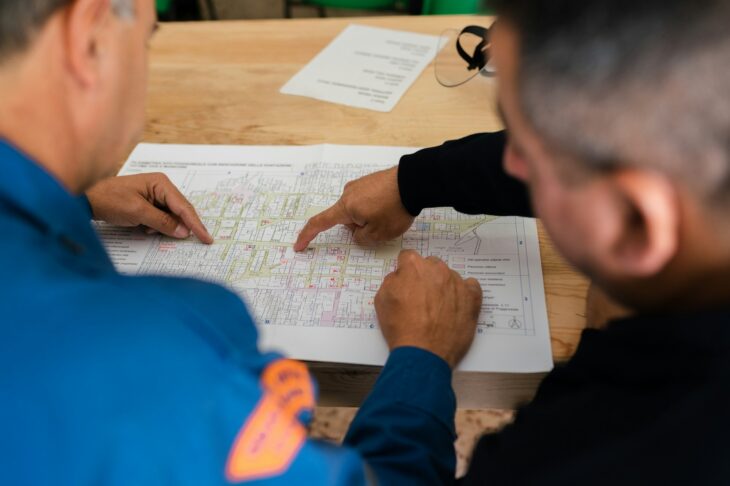
What is an Online Mobile Marketplace?
An online marketplace is an e-commerce portal that links merchants and customers. It’s sometimes called an electronic marketplace, and the website’s proprietor handles all transactions. Companies use internet marketplaces to connect with clients wishing to buy goods and services.
An online mobile marketplace is an alternate way of taking part in a traditional ecommerce business without owning and operating your website. It’s a great way to reach many active shoppers and boost revenue.
Many mobile marketplaces are based on niche focus, target audience, offering type, and marketing business model. Each of them has its specific features.
Using smart devices transforms every aspect of our lives in a digital world. It is especially true when buying goods and services, as mobile phones are increasingly used for this purpose.
A marketplace application allows independent sellers to list their products and services in a centralized place. This way, they can reach customers who would otherwise not have access to the items.
The ubiquity of smartphones, the introduction of 5G technology, and the consolidation of traditional warehouses to online stores are opening up a more significant market for m-commerce.
What is a marketplace app?
A marketplace app like OfferUp is an online mobile application that facilitates the buying and selling of goods or services. Generally, marketplaces are divided into two sets of users: merchants and customers. The main tasks merchants perform with a marketplace app include creating accounts, listing their products in a catalog, accepting orders through the platform, tracking inventory levels for each product they sell, and processing payments for goods sold to customers.
In addition, marketplace apps can help merchants track customer reviews after delivering goods to their customers. These features make it easier for sellers to communicate with their customers.
There are several types of marketplace apps: B2C (Business to Consumer), P2P (Peer to Peer), and C2C (Customer to Customer).
Another type of marketplace app is a service marketplace, which connects people looking for a particular service with companies offering it. These marketplaces are ideal for freelancers and private individuals looking to advertise their services.
Marketplace apps can be built using various technologies, including buyer and seller profiles, backend components, payment gateways, analytics tools, shopping modules, social networks, and other elements. The exact timeline for the development process depends on how complicated your app is and the technology used to build it.
These sellers upload all inventory information to a third-party site in an online marketplace. It can turn a modest, local firm into one with national, if not international, reach. In addition, sellers’ items become available for purchase to all marketplace users, while third-party sellers pay fees to the umbrella website in return for a wider audience.
Online marketplaces are valuable for connecting buyers and sellers and for handling payment and order processing, providing an added degree of customer protection and support for vendors. Online marketplaces will step in if a problem must be rectified after the purchase.
What are the main features of a marketplace app?
A marketplace app is an online mobile platform that enables buyers and sellers to buy and sell goods or services. It may be categorized as a marketplace of services, products, or a combination.
A good marketplace app is a one-stop solution that allows buyers and merchants to complete the entire process efficiently. It includes creating a profile, listing their products in the catalog, accepting orders, tracking inventory levels, processing payments for goods sold to customers, and receiving customer reviews after delivery.
Another essential feature is tracking your users’ behavioral and interaction data. It helps you improve your marketplace app’s performance and user engagement.
During marketplace app development, you must integrate robust analytic scripts that help you monitor your customer’s behavior and interactions. It will also help you target your marketing campaigns accordingly to deliver a better conversion rate.
Ensuring the registration process is quick and simple is also essential. It will ensure that consumers can get started quickly and retain them in your app.
Once the marketplace app is developed, it must be vetted and tested for security and privacy issues. Protecting the user’s personal information and securing their data is essential.
What are the main challenges of building a marketplace app?
In the current world, where consumers spend most of their time on mobile devices, marketplace apps are a must-have for all businesses that sell their products and services online. Users want to work with a reliable, user-friendly app that provides a fast and efficient experience.
While building a marketplace app, you have to consider several aspects. You must also choose a platform that offers an appropriate security solution.
Another critical issue is the payment process. Again, it would be best to ensure that transactions are processed quickly and securely and that you pay out sellers promptly.
While m-commerce offers several benefits, competing with other merchants providing similar services and features on their platforms takes a lot of work. However, you can do a few things to limit these risks and provide your company with a competitive advantage.

